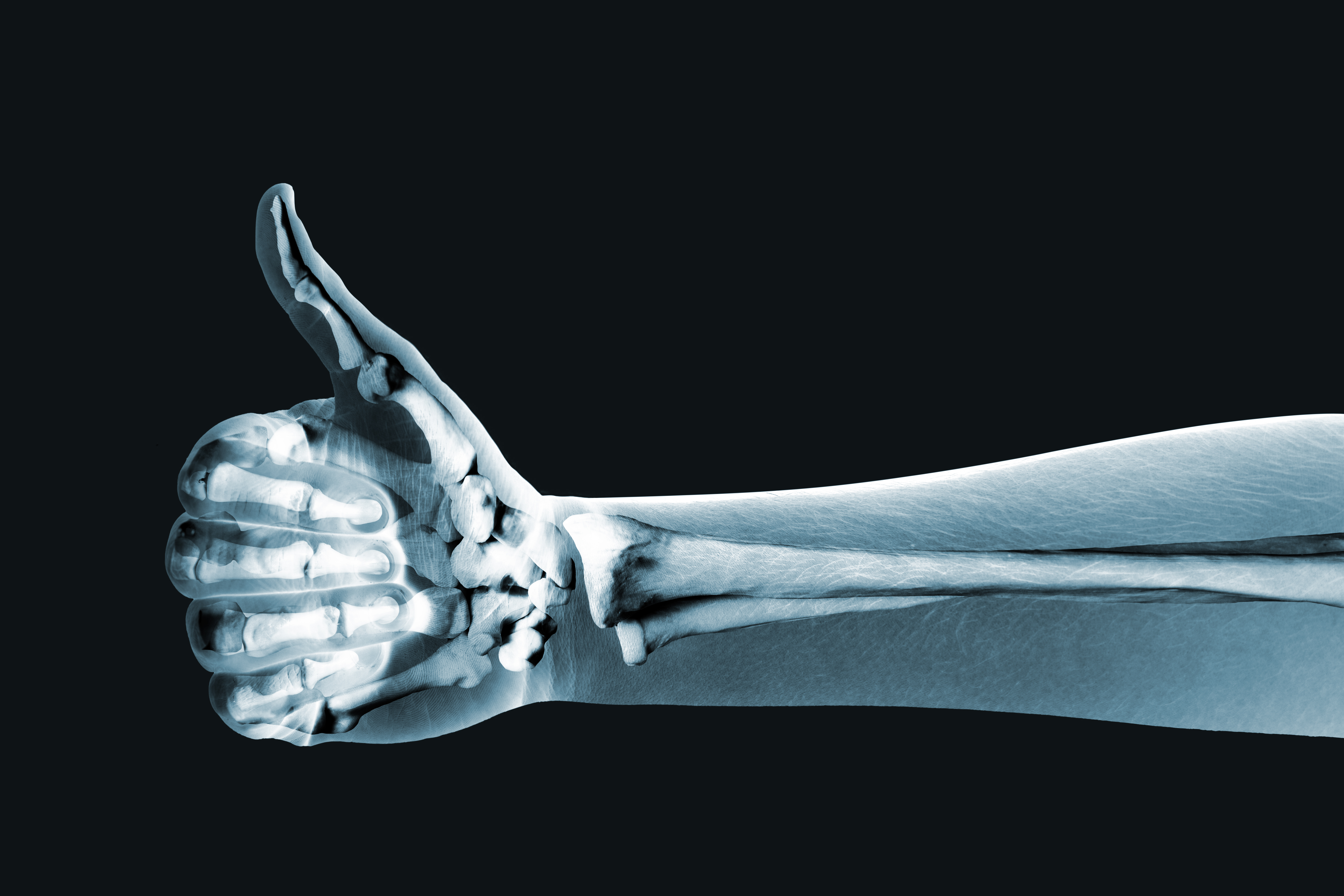Contents:
- Medical Video: The Strange World of Non-Celiac Gluten Sensitivity - Celiac Disease in the News
- How can celiac disease affect the brain?
- Mental disorders that can be triggered by celiac disease
- 1. Depression
- 2. Anxiety
- 3. Schizophrenia
- 4. Autistic spectrum
- Other effects of celiac disease
Medical Video: The Strange World of Non-Celiac Gluten Sensitivity - Celiac Disease in the News
Celiac disease is a disorder of the digestive system when the sufferer consumes gluten protein from foods that contain wheat. Besides being incurable, this allergic reaction can not only affect the digestive system, but also the brain. That is why sufferers of celiac disease also have to stay away from foods that contain gluten to reduce the risk of developing psychotic disorders.
How can celiac disease affect the brain?
One of the clinical effects of celiac disease is gluten-sensitivity which can also be found in people who are not celiac sufferers. But both tend to be found in individuals who experience psychotic disorders.
In general, celiac disease occurs due to an antibody reaction to gluten-derived peptides, and causes damage to the gastrointestinal system. But the emergence of psychotic symptoms of celiac disease is caused by the damage caused by the reaction of these antibodies in the nervous system and brain.
In 2016, a case report from a hospital in Massachusetts found one of the cases of celiac disease that caused psychotic symptoms. Without a history of anxiety and depression, a person with celiac disease is delusional and is eventually hospitalized to receive anti-psychotic treatment, but still cannot relieve symptoms of delusion. However, awareness and psychotic disorders begin to improve after the patient has a gluten-free diet.
One of the doctors who handled the sufferer explained that these psychotic symptoms arise because of a cross reaction and cause antibodies that attack gluten to spread to body organs. If it spreads to the central nervous system, it can cause inflammation in nerve cells and the brain. He also explained that his patients claimed to have consumed foods containing gluten for some time, and then began to experience behavioral changes due to psychotic symptoms.
Mental disorders that can be triggered by celiac disease
Celiac disease is known to cause structural and functional disorders in the gastrointestinal system. However, it can also potentially cause serious mental health effects, including:
1. Depression
The appearance of depression symptoms in a person can be a sign of undiagnosed celiac disease. Depression disorders tend to be found in people with celiac disease with symptoms of apathy and irritability.
It is not known exactly how an allergic reaction can trigger symptoms of depression, but this can get worse when someone learns that he has celiac disease because of difficulty adapting and experiencing malnutrition.
2. Anxiety
Anxiety is a type of mental health disorder that is more commonly found in people with celiac disease with an uncontrolled diet, compared to patients with a gluten free diet. Symptoms of anxiety that arise in people with celiac disease are social phobia and tend to avoid others. This is also thought to be the cause of depression in people with celiac disease.
3. Schizophrenia
There are associations that show that the symptoms of schizophrenia are more common in people with celiac disease than normal people. Just as the disease symptoms of schizophrenia are less common in people with celiac disease who are on a gluten-free diet. Sometimes celiac disease is diagnosed when people with schizophrenia have gastrointestinal problems due to gluten consumption.
Symptoms of schizophrenia that can be triggered by celiac disease include hallucinations, loss of enthusiasm for activity, and telepathic delusional thoughts. This is due to abnormalities in the structure of the brain when a person with celiac disease experiences symptoms of schizophernia.
4. Autistic spectrum
Autism spectrum disease is a mental health disorder that can be found in people with autoimmune diseases, one of which is celiac disease. This disease is more likely to be found in children who have celiac disease that is inherited from their mothers. The production of gluten-specific antibodies in people with celiac disease is thought to be a factor that drives the development of autism.
Other effects of celiac disease
Apart from these four mental health disorders, inflammation caused by gluten allergies can also have an impact on neurological disorders that can worsen mental health disorders. One of them is ataxia where the brain undergoes structural changes due to inflammation and brain cell death.
Some studies also show that inflammatory damage can also trigger damage to peripheral nerves and brain disorders in other parts and can be characterized by headaches. A controlled and gluten-free diet in celiac sufferers is needed to prevent various damage and disorders.












